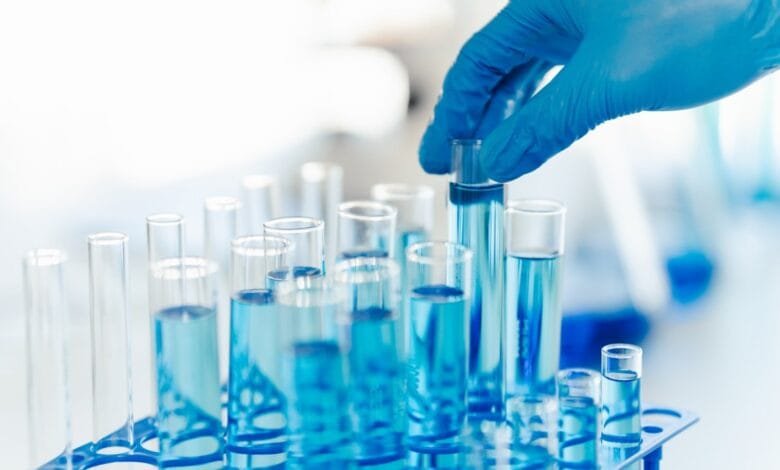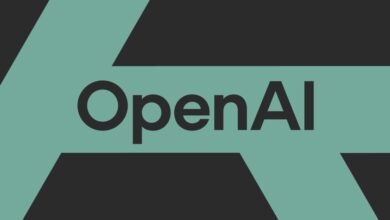Microsoft Harnesses AI to Speed Up Scientific Breakthroughs

▼ Summary
– Microsoft announced Microsoft Discovery, an AI-powered platform aimed at accelerating scientific research by handling tasks like hypothesis formulation and simulation.
– The platform uses agentic AI to assist scientists in achieving faster, more accurate outcomes through collaboration with specialized AI agents.
– Other tech companies like Google, Anthropic, and OpenAI are also exploring AI’s potential to speed up scientific discovery, particularly in medicine.
– Many researchers remain skeptical of AI’s current reliability in guiding scientific processes due to its limitations in problem-solving and handling confounding factors.
– Previous AI-driven scientific efforts, such as Google’s GNoME and drug discovery firms, have produced underwhelming or inaccurate results.
Microsoft is betting big on AI’s potential to revolutionize scientific research with its newly unveiled Microsoft Discovery platform. Announced at the Build 2025 conference, this enterprise-grade system leverages agentic AI to streamline everything from hypothesis generation to data analysis, aiming to give researchers a powerful collaborative tool.
The platform promises to accelerate breakthroughs by pairing scientists with specialized AI agents capable of handling complex tasks like knowledge reasoning, simulation, and candidate screening. Microsoft emphasizes its extensible architecture, designed to manage entire scientific workflows with what it calls “speed, scale, and accuracy.”
This move places Microsoft alongside other tech giants exploring AI’s role in science. Earlier this year, Google introduced an AI co-scientist to assist with research planning, while startups like Anthropic and OpenAI have touted AI’s potential to fast-track discoveries—particularly in medicine. However, skepticism remains widespread. Many experts argue current AI systems still struggle with unreliable outputs and lack the creativity needed for groundbreaking innovation.
Past attempts highlight the hurdles. Google’s GNoME AI claimed to synthesize dozens of new materials in 2023, but independent reviews found none were truly novel. Similarly, AI-driven drug discovery firms like Exscientia and BenevolentAI have faced setbacks in clinical trials, underscoring the gap between theoretical promise and real-world results.
Despite these challenges, Microsoft is pushing forward, banking on advancements in supercomputing and agentic AI to deliver tangible progress. Whether the platform can overcome the limitations of earlier efforts remains to be seen, but its launch signals a growing corporate commitment to reshaping how science gets done.
(Source: TechCrunch)





